Note: The information in this book is true and complete to the best of our knowledge. This book is intended only as an informative guide for those wishing to know more about health issues. In no way is this book intended to replace, countermand, or conflict with the advice given to you by your own physician. The ultimate decision concerning care should be made between you and your licensed health care provider. We strongly recommend you follow his or her advice. Information in this book is general and is offered with no guarantees on the part of the authors or Hachette Go. The authors and publisher disclaim all liability in connection with the use of this book. The names and identifying details of people associated with events described in this book have been changed. Any similarity to actual persons is coincidental.
Copyright 2004, 2012, 2020 by Gary Scheiner
Cover design by Terri Sirma
Cover illustration Sylverarts Vectors/Shutterstock
Cover copyright 2020 Hachette Book Group, Inc.
Hachette Book Group supports the right to free expression and the value of copyright. The purpose of copyright is to encourage writers and artists to produce the creative works that enrich our culture.
The scanning, uploading, and distribution of this book without permission is a theft of the authors intellectual property. If you would like permission to use material from the book (other than for review purposes), please contact permissions@hbgusa.com. Thank you for your support of the authors rights.
Hachette Go, an imprint of Hachette Books
Hachette Book Group
1290 Avenue of the Americas, New York, NY 10104
HachetteGo.com
Facebook.com/HachetteGo
Instagram.com/HachetteGo
Previously published by Da Capo Lifelong: 2004, 2012
First Hachette Go edition: May 2020
Hachette Books is a division of Hachette Book Group, Inc.
The Hachette Go and Hachette Books books name and logos are a trademark of the Hachette Book Group.
The Hachette Speakers Bureau provides a wide range of authors for speaking events. To find out more, go to hachettespeakersbureau.com or call (866) 376-6591.
The publisher is not responsible for websites (or their content) that are not owned by the publisher.
ISBNs: 978-0-7382-4668-0 (trade paperback), 978-0-7382-4669-7 (ebook)
E3-20200415-JV-NF-ORI
Table 3-1. Meet the Diabeteses
Diabetes Type: Type 1
Cause(s): autoimmune attack on beta cells of the pancreas
Treatment Options: insulin
Diabetes Type: Type 2
Cause(s): insulin resistance and progressive beta cell insufficiency
Treatment Options: lifestyle changes
Treatment Options: oral medications
Treatment Options: noninsulin injectables
Treatment Options: insulin
Diabetes Type: Gestational
Cause(s): temporary insulin resistance
Treatment Options: lifestyle changes
Treatment Options: insulin
Diabetes Type: LADA
Cause(s): partial autoimmune attack on beta cells and some insulin resistance
Treatment Options: insulin
Treatment Options: possibly noninsulin diabetes medications in the early stages
Diabetes Type: Neonatal
Cause(s): monogenic defect limiting beta cells ability to make insulin
Treatment Options: insulin
Diabetes Type: MODY
Cause(s): monogenic defect limiting beta cells ability to make insulin
Treatment Options: lifestyle changes
Treatment Options: oral medications
Treatment Options: noninsulin injectables
Treatment Options: insulin
Table 3-2. Major Factors Affecting Blood Sugar
Raise Blood Sugar: Food
Food 
Lower Blood Sugar: Physical Activity
Physical Activity 
Raise Blood Sugar: The Liver
The Liver 
Lower Blood Sugar: Insulin
Insulin 
Raise Blood Sugar: Stress Hormones
Stress Hormones 
Lower Blood Sugar: Other Diabetes Medications
Other Diabetes Medications 
Table 3-4. Simple Versus Complex Carbohydrates
Foods Rich in Sugar (Simple Carbohydrates)
fruit
fruit juice
raisins/dried fruit
regular soda
sports drinks
candy
chocolate
cookies and cakes
pies and pastries
muffins
milk
ice cream
yogurt
smoothies
table sugar
honey
syrup
jelly
corn syrup
Foods Rich in Starch (Complex Carbohydrates)
potatoes
rice
noodles/pasta
cereal
oatmeal
bread
crackers
bagels
pizza
tortillas
pancakes
waffles
beans
peas
corn
pretzels
chips
popcorn
matzah
Table 3-5. Secondary Factors That Can Influence Blood Sugar Levels
 Tend to Raise Blood Sugar
Tend to Raise Blood Sugar 
(vertical) growth
pubertal hormones
menstrual hormones
later stages of pregnancy
rebounds from hypoglycemia
gradual loss of beta cell function (type 2)
exiting the honeymoon period (type 1)
polycystic ovary syndrome (PCOS)
depression
weight gain
premenstrual hormones
excessive sleeping
caffeine
steroid medications
anti-psychotic medications
diuretics
estrogen
niacin
 Tend to Lower Blood Sugar
Tend to Lower Blood Sugar 
alcohol
heat/humidity
intense brain work
previous intense exercise
new/unusual surroundings
socializing
stimulating environments
early stages of pregnancy
beta blockers
MAO inhibitors
nicotine patches
Ritalin
high altitude
depression treatment
postmenstrual hormone changes
Table 4-1. HbA1c and Average Glucose
A1c (Standard):


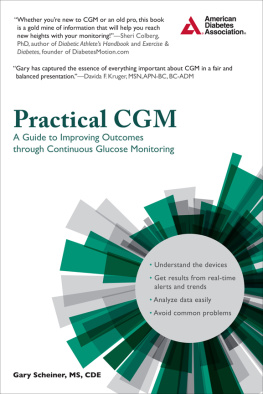
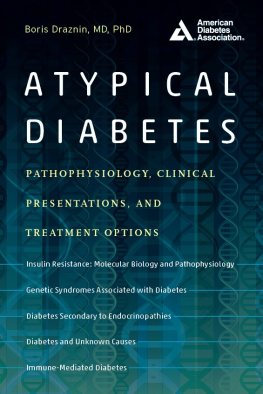
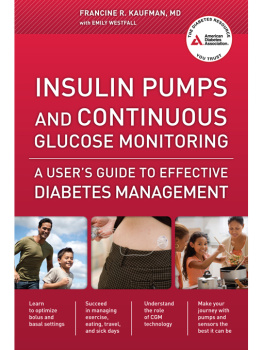
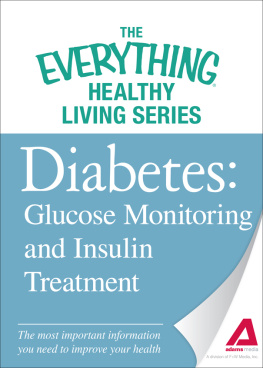
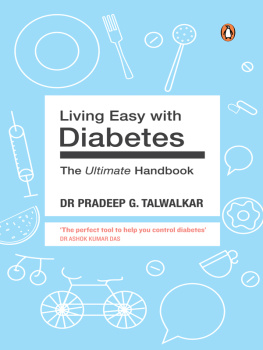
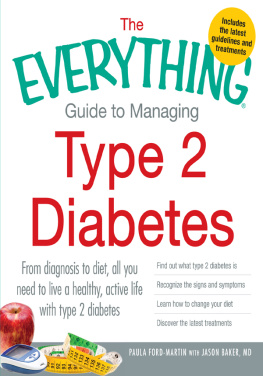
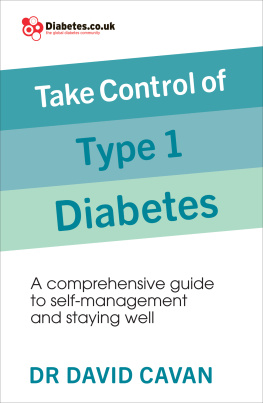

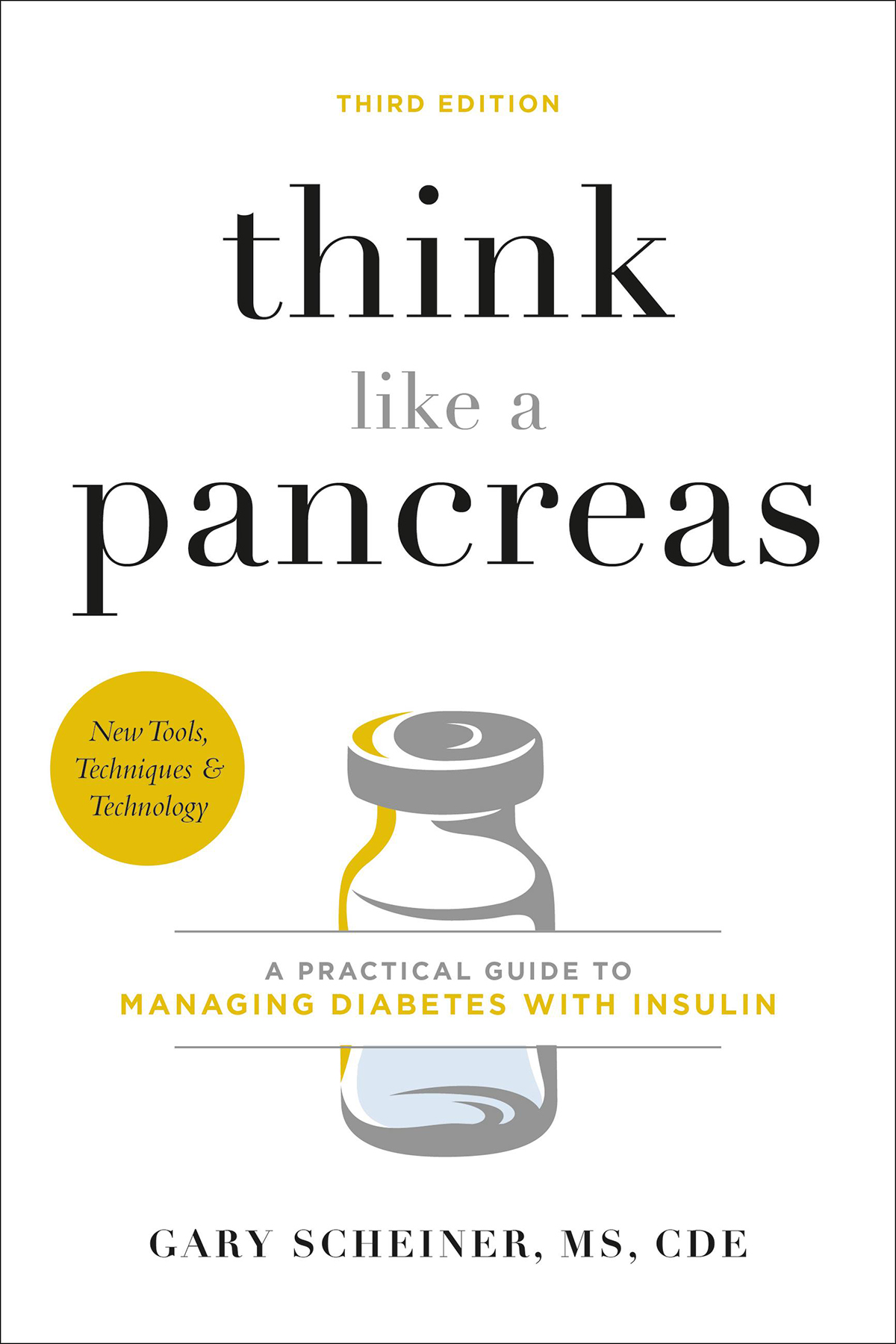
 Food
Food  Physical Activity
Physical Activity